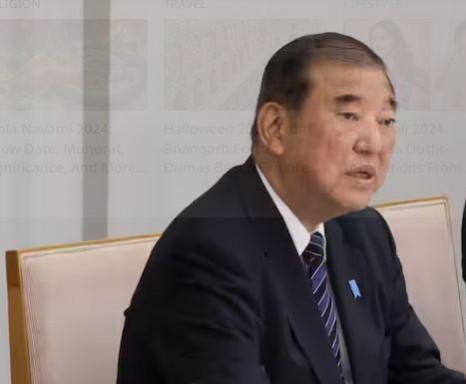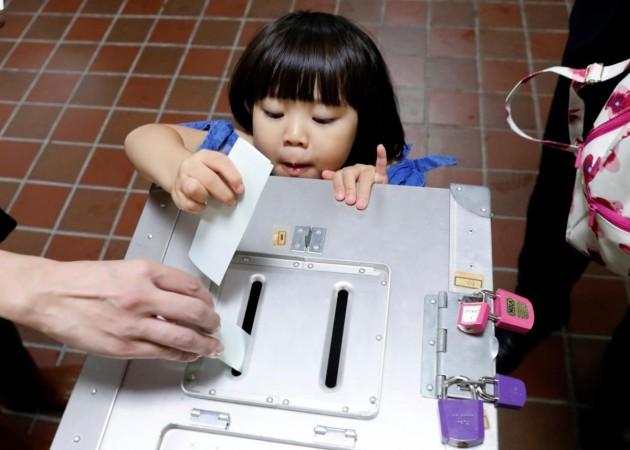
Following Japan's general election, the ruling coalition of the Liberal Democratic Party (LDP) and its partner Komeito fell short of the majority threshold, bringing political uncertainty to an economy that is already facing an array of challenges.
The LDP and Komeito got a total of 215 of the 465 seats in the powerful chamber of Parliament, below the 233 seats needed for the majority. The LDP alone won 191 seats, much less than the 247 seats it held before the election, Xinhua news agency reported.
In contrast, the main opposition Constitutional Democratic Party significantly increased its representation, rising from 98 seats before the election to 148 seats.

The result is largely in line with media forecasts as public outrage over the LDP's funding scandal persisted. The last time the coalition lost a majority was in 2009.
Following the poor showing, Prime Minister Shigeru Ishiba has announced plans to seek cooperation from other parties with whom his administration shares policy alignment, aiming to stabilise his government, according to public broadcaster NHK.
A total of 1,344 candidates ran in the country's 50th House of Representatives election, more than the 1,051 in the last such election in 2021.
(With inputs from IANS)

















